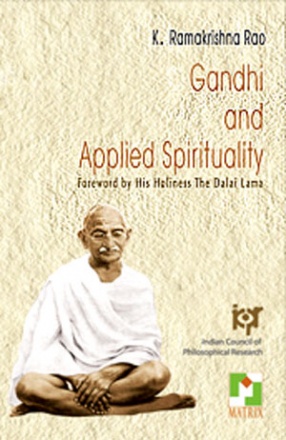
Mahatma Gandhi

103 books

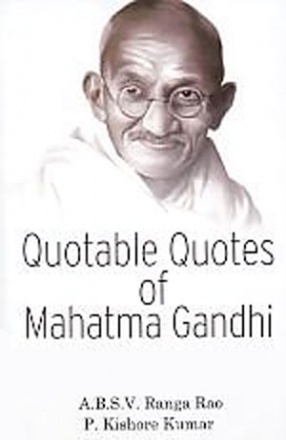
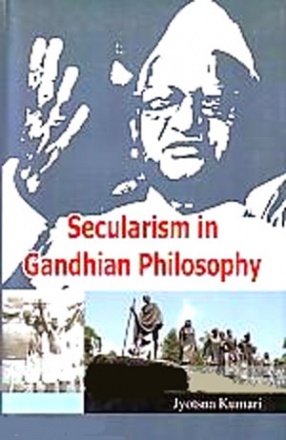
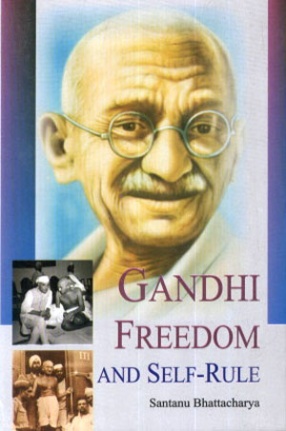
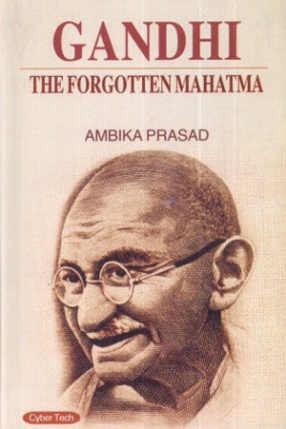
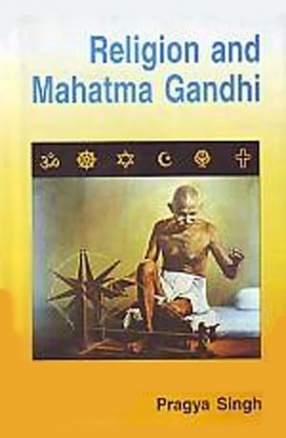
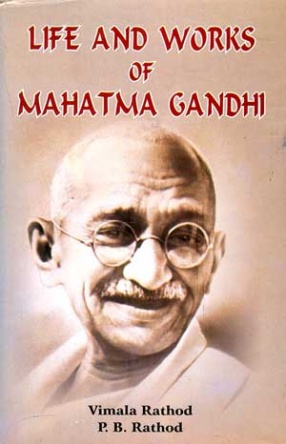
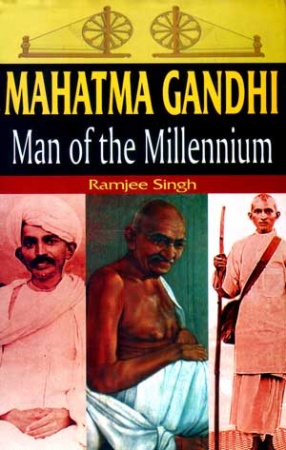
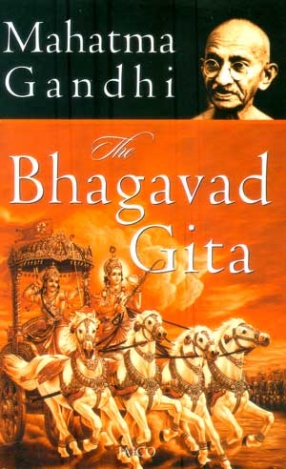
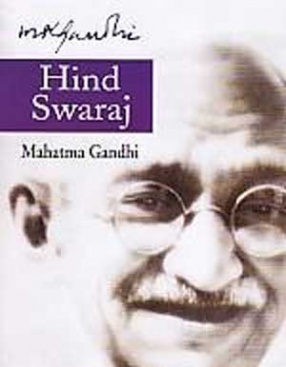


Gandhi and Applied Spirituality is more than just another book on Gandhi. It deals with the spiritual foundations of Gandhian philosophy and practices and their relevance to today?s world troubled by terror and violence. It discusses the scientific base for the so-called spiritual and dispels the false but widely prevalent notion that science and spirituality are mutually opposing endeavours. Sarvodaya, altruism, is the sine qua non of spirituality. Dr. Rao ...
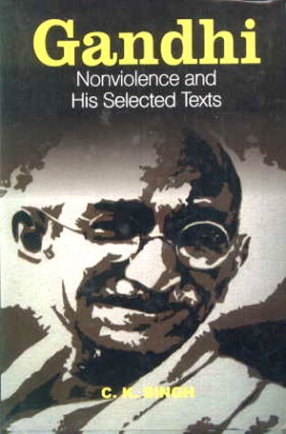
Mohandas Karamchand Gandhi was the pre-eminent political and ideological leader of India during the Indian independence movement. A pioneer of satyagraha, or resistance to tyranny through mass civil disobedience a philosophy firmly founded upon ahimsa, or total nonviolence - Gandhi led India to independence and inspired movements for civil rights and freedom across the world. Gandhi's secularism and openness to all kinds of theological and philosophical schools ...



This volume presents an original account of Mahatma Gandhi's four meanings of freedom: as sovereign national independence, as the political freedom of the individual, as freedom from poverty, and as the capacity for self-rule or spiritual freedom. This book begins with a brief life sketch of the great soul and then delves deep into the concept of freedom and self rule citing Gandhi's original thoughts. This is a huge source of reference for students of political ...

Gandhiji was born British rule had been established in India. The uprising of 1857, known as the Mutiny, had merely served to consolidate the British adventure into an empire. India had effectively passed under British tutelage, so effectively indeed, that instead of resenting alien rule the generation of educated Indians were eager to submit to the civilizing mission of their foreign masters. Political subjection had been reinforced by intellectual and moral ...
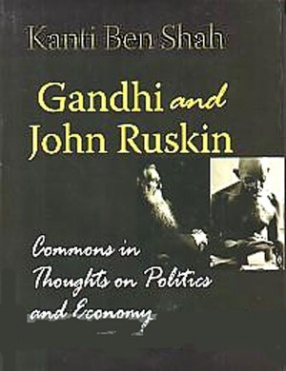
The book is focused on Mahatma himself and his thought process and also tells that how much he values John Ruskin’s Essay. The book is a window to the Gandhian thoughts about industry, economy, education, society, panchayati raj and the real meaning of swaraj, for which he worked all his life. The reader when he reads about John Ruskin’s life and works and moreover unto this last in original and paraphrase will be able to relate the development of ...
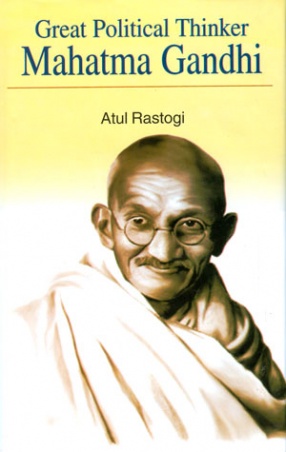
Ordinary mortals come and go from this world, but people like Mahatma Gandhi are born once in a century. What to talk of friends, even foes used to admire his rare of the rarest qualities. Mahatma Gandhi was well aware of the fact that India lives in villages. He knew the realities of the village life and the plight of half starved masses of India. He often acknowledged the same in his vivid descriptions of Indian villages. Innumerable books have been written of ...

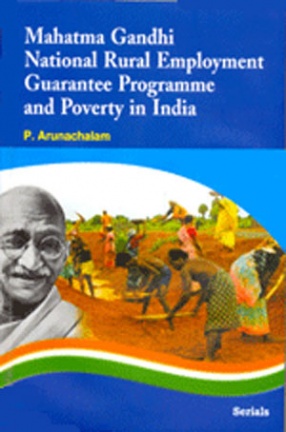
Poverty eradication is one of the major objectives of planned development. The magnitude of the problem is still quite staggering. Economic growth is important. Economic growth creates more resources and has the potential of creating more space for the involvement of the poor. But the involvement of the poor depends on the sources of growth and the nature of growth. If the growth is sourced upon those sectors of the economy or those activities that have a natural ...
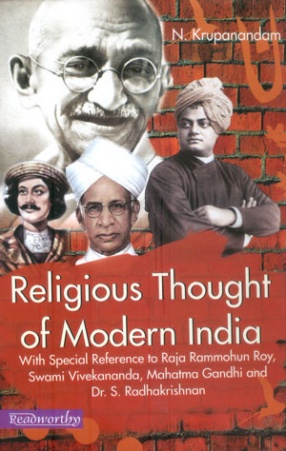
In the history of Indian Philosophical and religious tradition, the 19th century has a great significance. During this period, the Indian religious thought was greatly influenced by the Western tradition. This is called the period of Indian Renaissance.This book presents the religious views of four eminent contemporary Indian thinkers, namely, Raja Rammohun Roy, Swami Vivekananda, Mahatma Gandhi and Dr. Sarvepalli Radhakrishnan. Though coming from different ...
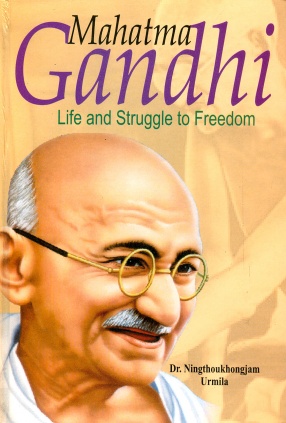
Mahatma Gandhi, 1869-1948, Indian nationalist and statesman.
Gandhi dedicated his life to the wider purpose of discovering truth, or Satya. He tried to achieve this by learning from his own mistakes and conducting experiments on himself. He called his autobiography The Story of My Experiments with Truth. Gandhi stated that the most important battle to fight was overcoming his own demons, fears, and insecurities. Gandhi summarized his beliefs first when he said ...
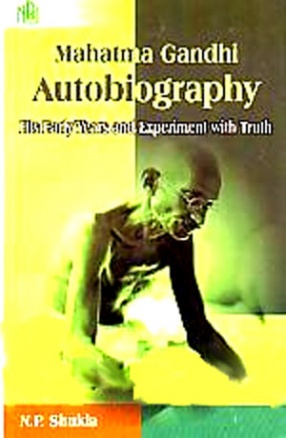

As a staunch political agitator by aptitude and profession, Gandhi had come face to face with a variety of social, political and religious ills and evils and fought against them for over five decades, with a view to improve the quality of life of the generations to come. In the course of his fights in South Africa and India, Gandhi had many occasions to study and reflect upon the nature of man and his relationship with the state. Out of these struggles, emerged a ...

The kingdoms and empires rolled down beneath the wheals of history but Indian culture has survived the ravages of time. The great Roman empire, the ancient city of Greece, the pyramids of Egypt and many places of antiquity in China remind us of the greatness of the respective world civilization and culture. The greatness of Indian culture however does not lie in the grandeur and splendor of palaces and courts but in the hermitages of saints and sages who silently ...
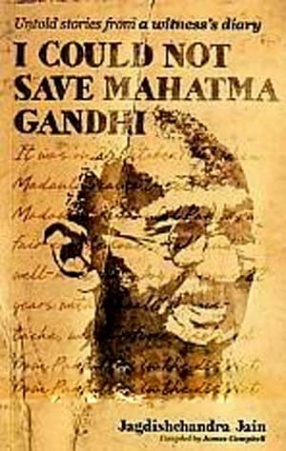

The Bhagavad Gita is perhaps the greatest work of practical Indian philosophy. Among the various interpretations of the Bhagavad Gita, the one by Mahatma Gandhi holds a unique position. In his own words, his interpretation of the Bhagavad Gita is designed for the common man-“who has little or no literary equipment, who has neither the time nor the desire to read the Gita in the original, and yet who stands in need of its support.”Gandhi interpreted ...
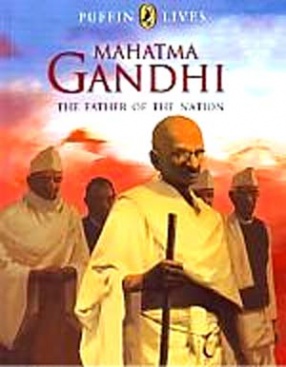
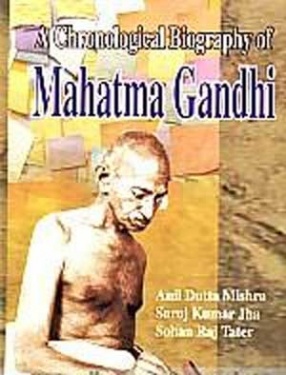

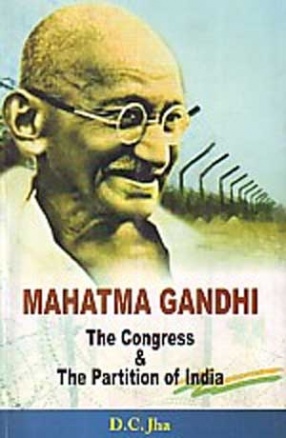

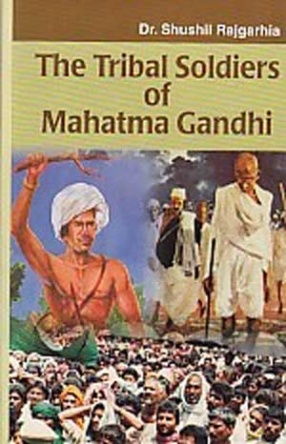
The Tribal Solders of Mahatma Gandhi" is a fact not a fiction. The traditional historians unfortunately have missed out the vital role of the tribals in India's freedom struggle. A modest effort has been made in this book to bring to the fore that the tribal could not stay aloof from the clarion call of freedom struggle. The traditional historians could not realize that ethos of Indian life had penetrated as deep in the psyche of the tribal who may be ...
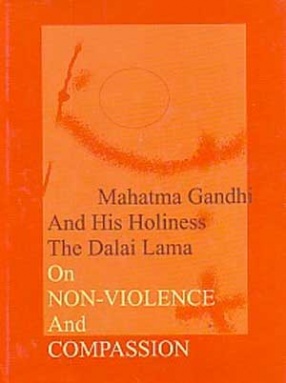
Selections from the works of Mahatma Gandhi and His Holiness the Dalai Lama.
